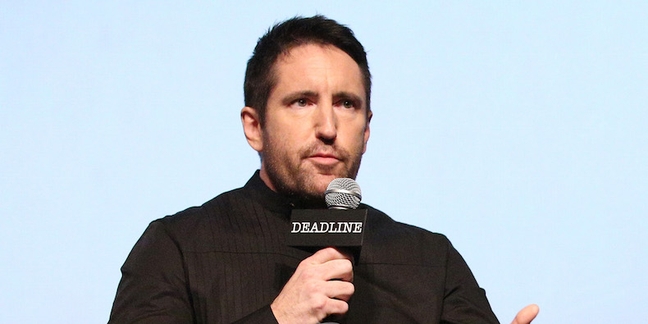
Trent Reznor Slams YouTube: “Built on the Backs of Free, Stolen Content”

On Monday, Apple held its annual Apple Worldwide Developers’ Conference. During the presentation, executives did not spend much time discussing Apple Music–which was announced just about one year earlier–but several of them sat down for a talk about the service with Billboard afterward. Among the executives was Nine Inch Nails frontman Trent Reznor–who is Apple Music’s Chief Creative Officer. His main target during the conversation was YouTube, whose business he called “very disingenuous.” He continued, “It is built on the backs of free, stolen content and that’s how they got that big. I think any free-tiered service is not fair. It’s making their numbers and getting them a big IPO and it is built on the back of my work and that of my peers. That’s how I feel about it. Strongly. We’re trying to build a platform that provides an alternative–where you can get paid and an artist can control where their [content] goes.” Elsewhere, he said he is “absolutely” worried about musicians making a living in the near future. He said, “I’ve dedicated my whole life to this craft, which, for a variety of reasons, is one that people feel we don’t need to pay for anymore. And I went through a period of pointing fingers and being the grumpy, old, get-off-my-lawn guy. But then you realize, let’s adapt and figure out how to make this better instead of just complain about it.” Read the full interview here. Update (2:36 p.m.): A YouTube spokesperson has provided a statement to Pitchfork about Reznor’s criticism. Find it below.
YouTube spokesperson:
The overwhelming majority of labels and publishers have licensing agreements in place with YouTube to leave fan videos up on the platform and earn revenue from them. Today the revenue from fan uploaded content accounts for roughly 50 percent of the music industry’s YouTube revenue. Any assertion that this content is largely unlicensed is false. To date, we have paid out over $3 billion to the music industry–and that number is growing year on year.













Recent Comments